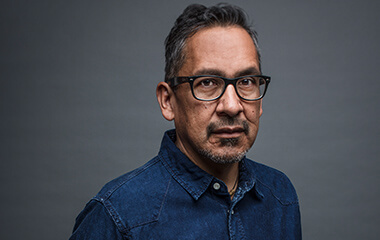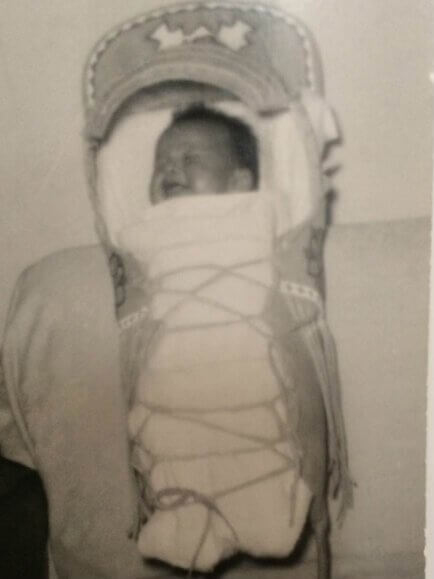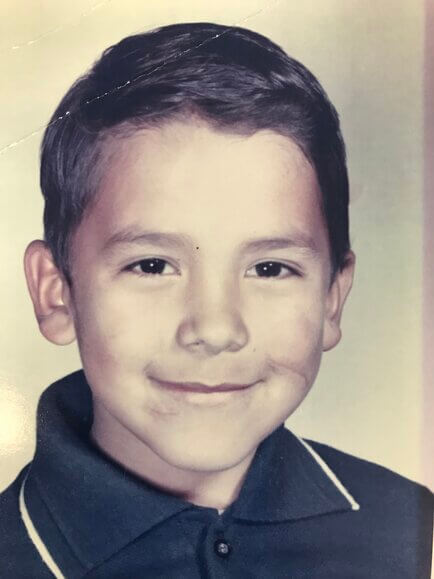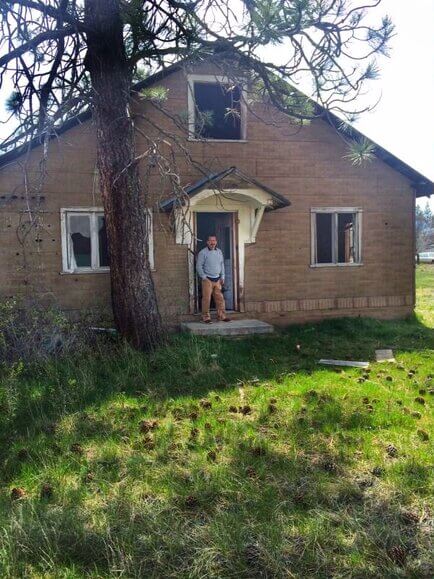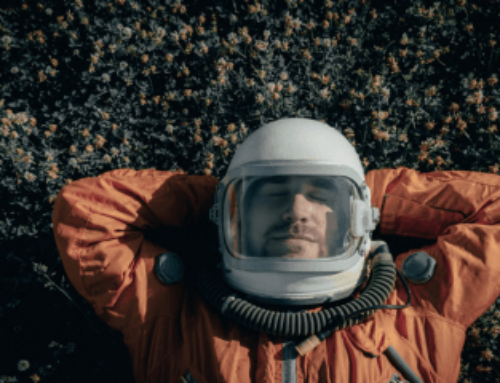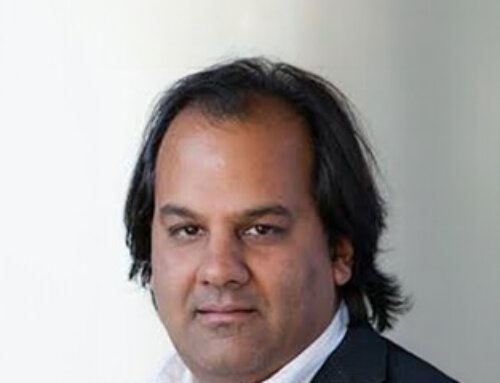Donald Dexter, Jr., DMD, runs a dental sleep medicine practice in Eugene, Oregon. His Native American culture shaped his approach to empathetic, patient-centered care while sparking his creative fire. A passionate supporter of the arts, Dr. Dexter is raising awareness of his heritage with an independent film project. The AASM reached out to Dr. Dexter with a few questions for this profile in Montage magazine.
What is your educational and professional background?
I received my BS in psychology from Lewis & Clark College and my DMD from Oregon Health Sciences University School of Dentistry in Portland. Out of dental school, I worked with the Indian Health Service as the chief dental officer on the Warm Springs Reservation and later as the executive director for Klamath Tribal Health and Family Services. In 1996, I purchased my private practice in Eugene, Oregon, and sold it in 2022. In early 2023, I opened Eugene Dental Sleep Center. My new dental sleep medicine practice exclusively provides treatment of obstructive sleep apnea with oral appliance therapy. I have studied and practiced dental sleep medicine extensively since 2012.
What motivated you to pursue advanced training in dental sleep medicine?
After attending a multi-discipline sleep symposium in which the presenter recommended attendees experience a sleep study, my own surprising diagnosis of OSA led me down the path of failing PAP treatment and seeking an alternative in oral appliance therapy with a mandibular advancement appliance. This experience was my motivation to pursue training in dental sleep medicine. My four Tufts University dental sleep medicine/TMD mini-residencies provided me with the best evidence-based foundational training possible and introduced me to a network of providers who are the best in the field.
What recommendations do you have for dentists and physicians to provide collaborative care to patients?
I believe that collaboration begins with recognition. As health care providers, we should recognize that sleep is not simply an event at the end of the day, but the consequences of the day lived. Sleep, good or bad, has multifactorial influences, and we should recognize that when addressing the treatment of sleep. Sleep conditions are best treated by a team of sleep providers, each a critical component in support of the other. A team should be built across a broad spectrum of providers, complementing and supporting each other outside our disciplines. To collaborate, we need to recognize that no one person or discipline holds all the answers and look well beyond our skills and knowledge to provide the best care possible for the patient.
You’re a member of the Klamath Tribes of southern Oregon. Can you tell us about your heritage?
I am Modoc, an enrolled member of the Klamath Tribes of southern Oregon. In 1864, the Modoc people were removed from their ancestral homeland, which spanned the border of California and Oregon, and placed on the Klamath Reservation in Oregon. I am a direct descendant of Winema Riddle, a participant in the Modoc War of 1872-1873. Riddle’s life story illuminates the role of Native American women in history through her interactions with outsiders. She married outside of her tribe, became a mediator for her people during the Modoc War, and earned a military pension from Congress for her courage in battle and actions in war by saving the life of a federal official.
I grew up on the reservation during a time when the government ended federal recognition of selected Native American tribes. The government terminated recognition of our tribe in 1954 and restored it in 1986; this added a layer of complexity to my experience growing up as a Native American in the U.S.
How has your background influenced your approach to patient care?
I was raised on the former Klamath Indian Reservation in southern Oregon by my grandparents with the traditional values of respect, compassion, empathy, and humility. Where I grew up, health care often was not provided with respect or dignity. When I decided to become a dentist, I was determined to treat people with the dignity and compassion I did not receive.
You’re working on an independent film about the Modoc War. Can you tell us about it?
Modoc: Endeavor to Persevere is the working title for my documentary. Its purpose is to raise awareness of the Modoc War: 1872-1873, the execution of four Modoc men hanged for their involvement in the war, and the separation of the Modoc people from their ancestral homelands. Most importantly, it is a story of survival of the Modoc descendants who are alive today. Oct. 3, 2023, marks the 150th anniversary of the end of the Modoc War and the execution of the four Modoc men. The project will collect stories of the Modoc people during this anniversary year and create a memorial for the executed men.
I have said that until the bear speaks, the hunter will always be the hero, and until the Modoc speak, others will always speak for them. This project will allow the Modoc people to speak and tell the bear’s story.
In addition to your documentary, you’re a supporter of the art community. In fact, you run an art gallery out of your dental office! How has your appreciation of art impacted you?
I feel fortunate to have the space and opportunity to share my appreciation for art. My support of the arts has connected me with people far beyond my clinical services. The art program in my practice includes a gallery of community art, a collection from local artists, and a healing art space that influences positive outcomes of our care. The art has bridged our connection with the community, and patients are appreciative of what art contributes to the healing space and energy I have strived to create.
On April 15, 2023, Don Dexter Gallery opens its new permanent space to welcome, promote, and host fine art across various media in Eugene. Visit dondextergallery.com to learn more about my art gallery and artists.
This article appeared in volume eight, issue one of Montage magazine.





